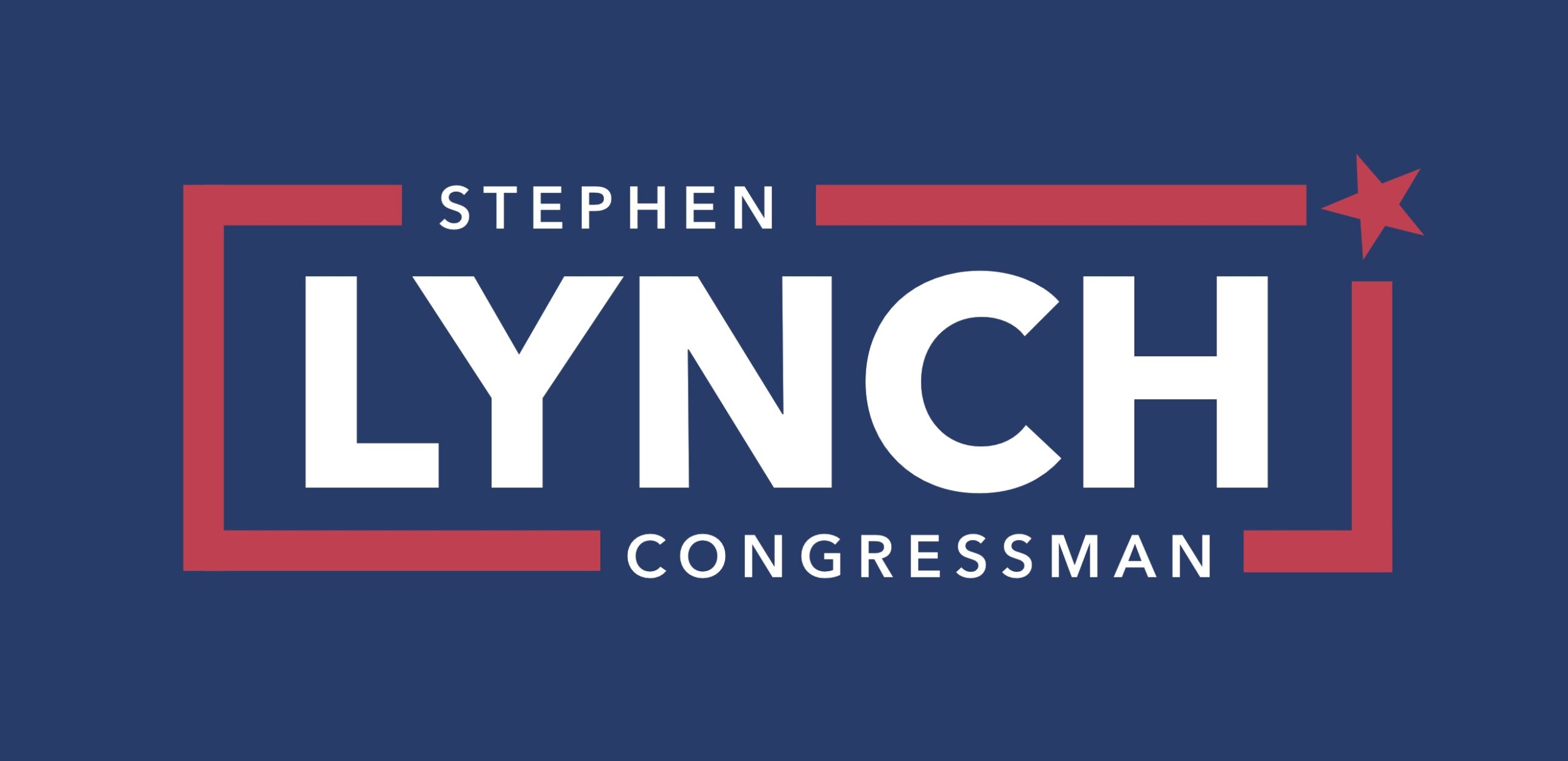Dorchester Reporter/ State House News Service
By Katie Lannan, State House News Service
The state’s congressional delegation is “furious” about service reductions at the MBTA and plans to have “hard conversations” with transit officials and Gov. Baker about reversing them, US Rep. Stephen Lynch said on Monday.
Lynch joined Boston Mayor Martin Walsh for a press conference touting the $1.9 trillion spending bill that President Biden signed into law last week, which includes $30 billion in transit funding. Massachusetts is slated to receive more than $1 billion in support of urban transit systems.
The stimulus package aims to “move the country and the state and our cities and towns here back to a more normal pattern of life,” Lynch said.
As has happened at other transit networks across the country, the T’s ridership plummeted early in the pandemic and passenger levels remain below their pre-Covid numbers. The corresponding budget crunch led MBTA overseers to approve a package of money-saving service cuts last December.
The latest round of reductions, including lowered trip frequency on subway and bus lines and the elimination of nine bus routes, took effect last Sunday.
“It is incongruous with our intent, speaking for the delegation, that an agency would take federal support from the taxpayer, and then cut services to those same taxpayers. That doesn’t work for us,” Lynch said. “So we’re going to have some hard discussions with the MBTA and with the governor. We hope that more thoughtful ideas would emerge from those discussions, and that there would be a pullback on the reductions of service to the public and also an elimination of any proposed furloughs or layoffs for those transportation employees.”
MBTA officials are planning to restore some subway and bus service later this year based on spring demand, targeting an increase in bus service hours from 88 percent of pre-Covid levels in the spring to 90 percent in the summer and then as high as 93 percent in the fall.
“With ridership remaining at less than a third of pre-pandemic levels, the MBTA continues to monitor work and travel patterns and match service to ridership, while increasing service for the most transit-critical communities,” MBTA spokesman Joe Pesaturo said in an email Monday.
“As it plans ahead for the long-term budget impacts of the pandemic, the T will responsibly spend federal stimulus dollars and monitor ridership and make adjustments as necessary “ he added.
Ridership on the Red, Green, and Orange subway lines stands at 25 percent or less of its pre-pandemic levels, according to the T. The Blue Line is at about 38 percent of pre-pandemic ridership.
This week’s cuts, estimated to save $21 million through the end of this fiscal year, trimmed frequency by 5 percent on the Blue Line and essential bus routes, and 20 percent on non-essential bus routes and the Red, Orange, and Green lines.
Lynch said he has also been in talks with transit officials about a furlough of around 40 conductors by the commuter rail operator Keolis.
He said he has talked to other members of the delegation, “and they are furious about this.” The delegation is “in total opposition to the reduction in services, to the laying off of employees and furloughing employees,” he said.
“This is a moment where you might have to absorb a little bit of pain on behalf of the people that you represent,” Lynch said. “I understand the difficulties. I understand where the ridership is right now, but the idea is to provide this money to get the ridership where it needs to be over the next weeks and months.”
In a radio appearance Monday afternoon, MBTA General Manager Steve Poftak said the cuts will allow the T to adapt to ridership trends coming out of the pandemic, and that the MBTA “has not laid off anyone throughout this period.”
The commuter rail, where a rebound in ridership is expected to be “much slower and perhaps structurally changed,” is the one place where there have been furloughs, he said.
“I hear the congressman’s strong objection to what we’ve done, and that’s something we will obviously be talking to the delegation about,” Poftak said on WBUR’s “Radio Boston.”
“But I would say it is in service to stewarding the MBTA through this period where we’ve got a large structural deficit as far as the eye can see, and by prudently conserving this money and spending it to deal with this, it also gives us time to adapt to what is going to be a different type of ridership,” he said.
The MBTA cuts have also caught the attention of some state lawmakers.
Rep. Mike Connolly, a Cambridge Democrat, described them as “a war on public transit” and “unacceptable.”
“We as legislators have the power to direct the Baker Admin. to undo these cuts — and when we take up the FY22 state budget next month, this is something I will look to pursue,” he wrote on Twitter on Monday.

Recent Comments